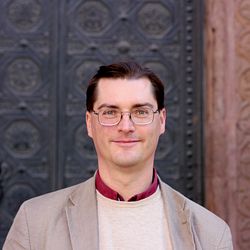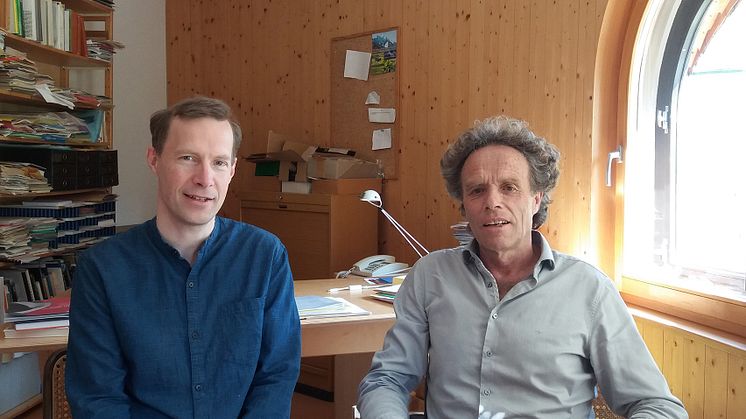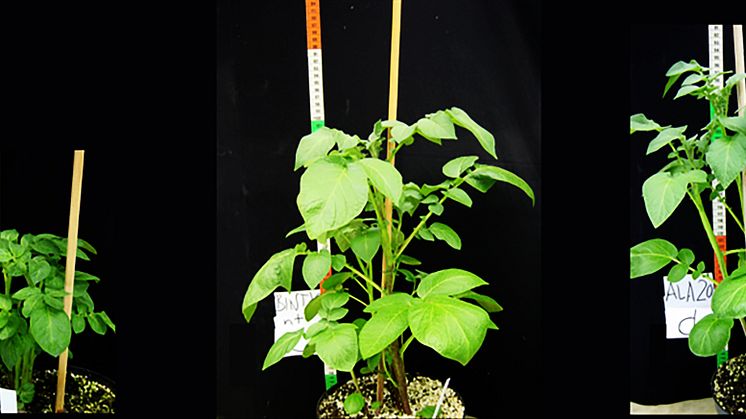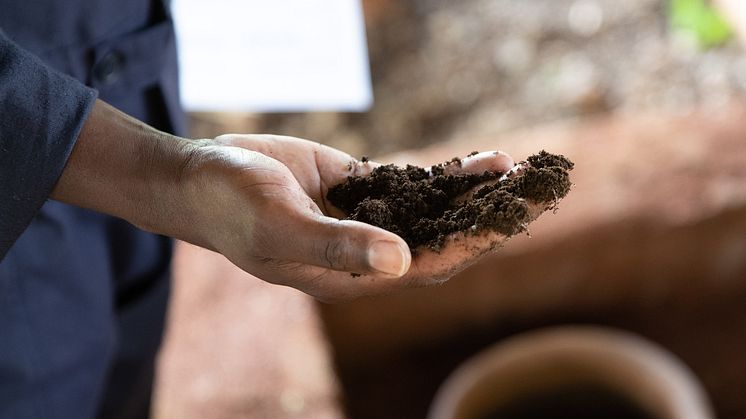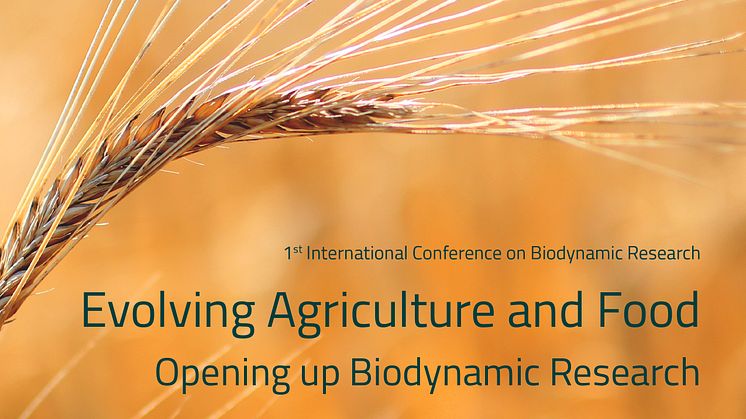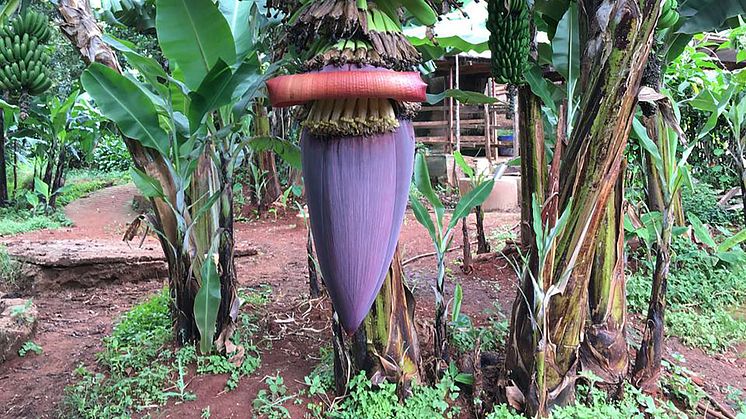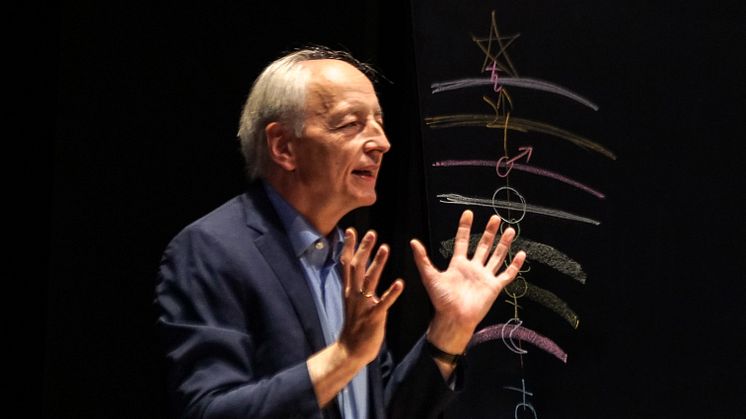
Press release -
Practice and ethics based on scientific thinking: The Goetheanum‘s contribution to extending science
Goetheanum, Dornach, Switzerland, 8 March 2022
Anthroposophy can add perspectives to the findings of the academic sciences, based on an epistemological foundation, artistic approaches, practical application and ethical considerations. Members of the Goetheanum Leadership present examples of this in a video series.
Science is as diverse as its disciplines and it keeps evolving. Some scientific views have been replaced by others that had previously been considered unscientific: Thomas Kuhn speaks of “paradigm shifts” here. Anthroposophy sees itself as one of several scientific ways of accessing the world. It works with Goethean phenomenological training, chooses a perspective that includes the spiritual and cultivates artistic methods.
From its inception, biodynamic farming has been applied in practice and researched in laboratory tests. Today it is the subject of academic research. Studies have been carried out that show how quality is measurably enhanced by biodynamic farming, the quality of food, for instance, or of soil, due to greater biodiversity. Anthroposophic physicians undergo full medical training, extending the skills acquired there by anthroposophically-inspired aspects. Research results are documented on the Anthromedics platform. In order to see the human being as not having only a physical body, but as enlivened, ensouled and imbued with spirit, with individual biographies and characteristics, one needs cognitive forms that are enhanced by artistic perception and spiritual observation. New possibilities arise from this observation for education. In the Pedagogical Meetings of Waldorf Schools, insights into human nature are deepened, ideally every week: through practice research, reference to current educational theories, the children‘s actual behaviour and classroom practice.
If one does not see children as blank sheets but as beings with their own individual potential, school will not be about pedagogical content only but about the conditions required for unfolding and realizing this potential. Johannes Wirz from the Goetheanum Leadership describes the ethical impulse involved in this: “When we have truly become human, having developed a feeling of freedom and empathy, we overcome natural selection by nursing the sick and caring for those with physical disabilities.”
(2273 characters/SJ; translation by Margot M. Saar)
Contact person Christiane Haid
Related links
Topics
Categories
The Goetheanum is the headquarters for the School of Spiritual Science and the General Anthroposophical Society. The School of Spiritual Science with its eleven sections is active worldwide in research, development, teaching, and the practical implementation of its research findings and is supported by the Anthroposophical Society.

